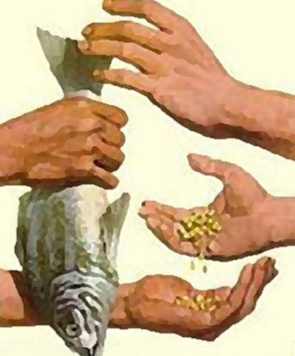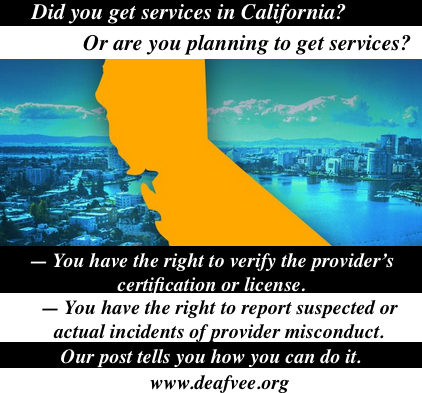Older people have been saying in some ways, the pandemic is similar to the World War II era as far as the stay-home directive was concerned. This is a time for the communities to band together and support each other through the pandemic, just as they did back then.
How did people survive World War II? Sharing of, donations of, and bartering of food and essential items. Bartering is an alternate economy where exchanges happen between people without the use of money. You can trade one kind of labor for another kind of labor, one item for another item, or one item for a specific type of labor.
World War II:
Multiple generations of one family lived together in small, cramped spaces. Some families lived out of tents. Some families would travel from farm to farm, going wherever the essential work was. Some people lived out of their vehicles. Life insurance policies were cashed in. Homes were refinanced. Clothing had to last as long as possible, so the mothers and grandmothers (most of them) were expert seamstresses and they did clothing alterations. When there was no cash at all, payment was made with produce, fresh milk, or produce—in other words, barters.
For many, there was no electricity, no running water, no refrigerator. Iceboxes were all they had to keep food cool or cold. Hunting, fishing, and foraging for edible plants and fruits also occurred. Families would swap produce with other families. Neighbors, family members, acquaintances donated money, donated meals, and shared meals. All food was made from scratch. If families had farms, the mothers and grandmothers would do canning of the food grown on farms. People figured out that if you kept the food in airtight containers with a specific preservative, the food would last longer periods of time (especially the winter). Not many could afford to eat at restaurants.
Bartering also was essential for daily life. For example, if Neighbor A knew how to fix a house roof and Neighbor B knew how to fix cars, they would swap services so the Neighbor A’s car would be fixed and Neighbor B’s house roof would be fixed. Families did a lot of odd jobs, and their children pitched in when they were old enough. Anything that could bring money in, even if it was just a small odd job.
Current Era:
Is it possible for communities to become less reliant on the United States dollar so we can get by with an alternate economy? You can find and sign up for apps and websites that allow you to trade or barter for things needed. You could swap services, you could trade one food for different food, you could give away one item and get another item you need, you could volunteer your time doing one task you’re good at and get someone else’s help on a different task. You could get to really know your neighbors, your local neighborhood, and your community.
If we introduced bartering to our communities in a time where money is likely going to be tight for most of us over the next 12-18 months or more, what do you think that would look like? It could actually strengthen our communities where we can invest in one other, pitch in for our most vulnerable members, and get through it. Deaf Vee Journal thought this could be an important topic for the community to think about and have a dialogue on.






